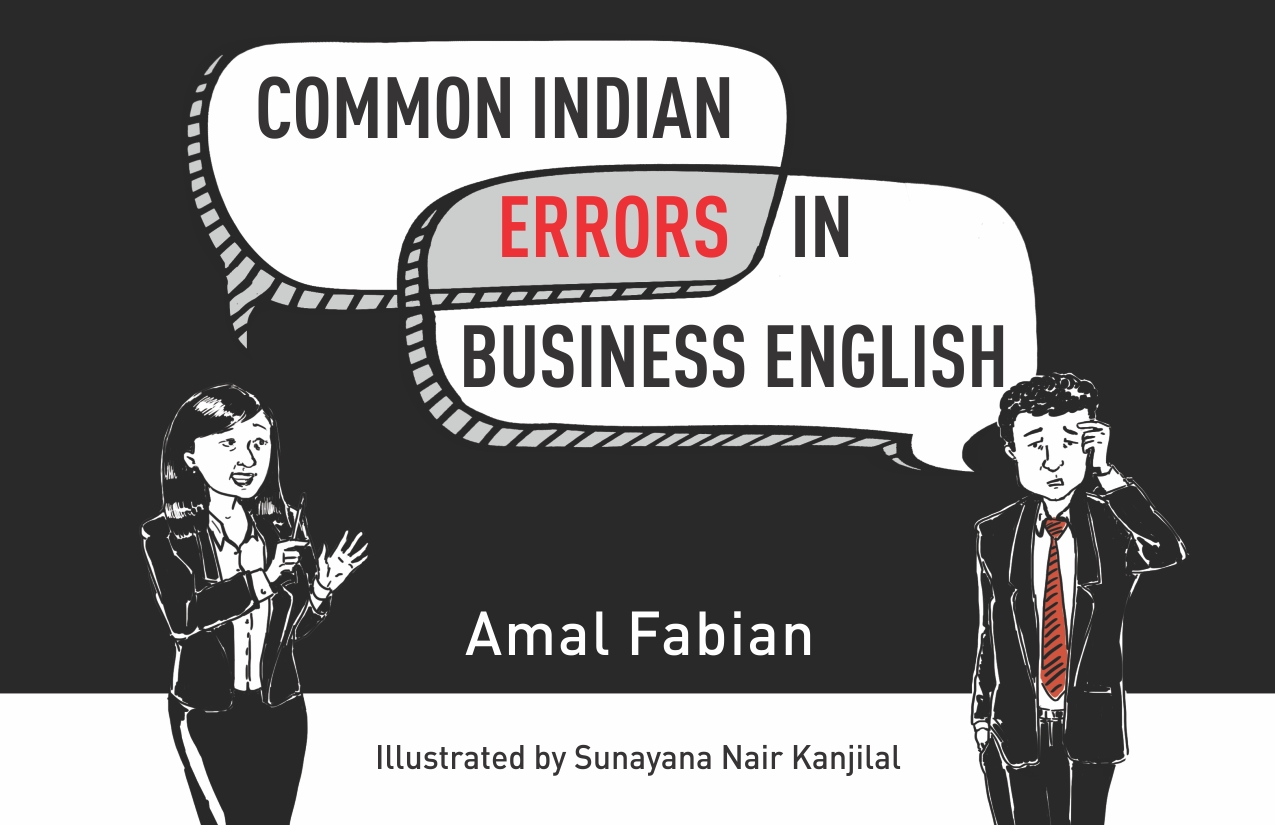This is my second article on Indian English. The first one, https://amalfabian.com/2020/09/12/how-indian-is-your-english/, introduces the topic. Here, we’ll look at some more examples.
Imagine this. This is your first trip outside India. You’re in London, at a restaurant. You glance at the menu and then ask your colleague a serious question. “Are you veg?” She may not understand what you have just said. She may even think that you are asking her if she is made of veg. (Do you understand?) The expression is Indian English. The international English version is: “Are you a vegeterian?”
In India, the opposite of veg. is well, non-veg. If there is a carnivore inside you, and you happen to be abroad, I advise you not to say: “I am non-veg.” Instead, say, “I eat meat.”
Let’s leave the topic of food. Now, this is super-duper important. What you’re going to read is said often at the workplace. Tell me whether this sentence is okay or not. “According to me,we should sponsor the women’s cricket team.”
Is that sentence alright, in terms of vocabulary? And the answer is no. When we use the phrase according to… it normally refers to a third person or a thing. For example: According to the consultant, we should strengthen our retail network. Or: According to the UN report, this country has a lot of potential.
Now, if you want to talk about your opinions, then say: In my opinion… So, if you are at a meeting, you could say: In my opinion, we should sponsor the women’s cricket team.
If you want to be more informal, then: I think... or I believe… are good phrases to use when introducing one’s opinion.
So, the next time at work or on zoom, when you want to express yourself during a meeting or an important discussion, monitor your language. In your mind, if you are making a sentence starting with “According to me…” Stop. Change tracks. And confidently say: Excuse me, I’d like to say something. In my opinion…
To find out more about Indian English, do check out my book on https://wordpress.com/post/amalfabian.com/1420






